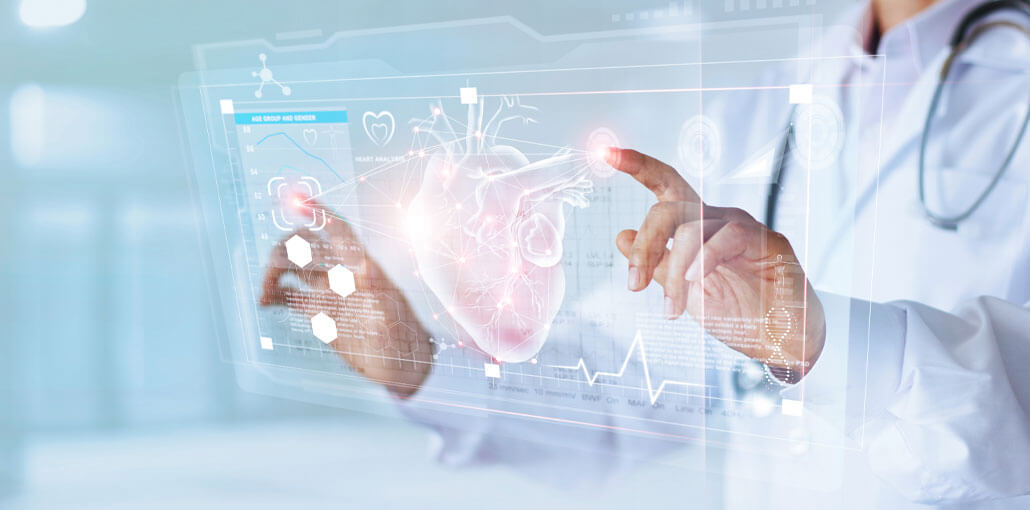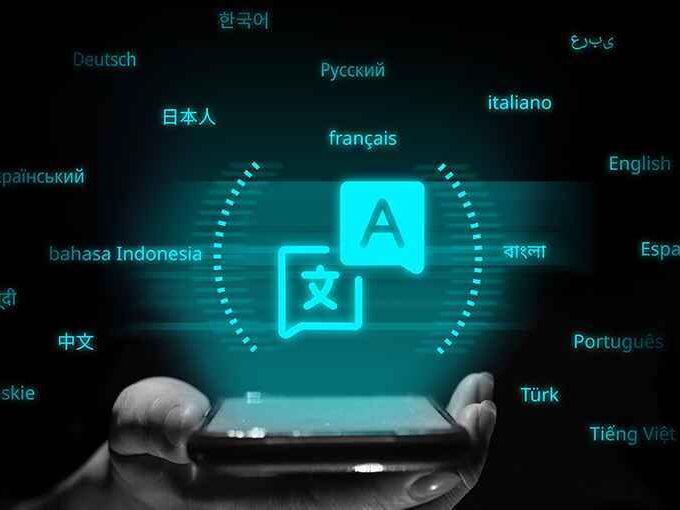In the last few decades, technology has been a blessing. We also saw its progress. Artificial intelligence has made our lives easier, from the everyday gadgets we use to make life easier to the healthcare field and medical care. we have been enjoying the technology of artificial intelligence to make things easier.
AI in healthcare is a boon for both patients and doctors. Let’s take a look at how AI is being used and what we can do with it in the future.
Examples Of How Artificial Intelligence Is Used In Healthcare
Artificial intelligence is the future of healthcare. It’s used in diagnosis and treatment. This could mean that technological advancements in this area will continue to accelerate.
These are just a few examples of artificial intelligence used in healthcare
1. Telehealth
From the smallest to the most critical, AI is used by medical professionals in healthcare. Patients can access telehealth via mobile devices and computers on a smaller scale.
Telehealth tools can be used to document, record metrics, and process information. These tools are often used at home.
In times like these, leaving your home can pose a risk because of the pandemic. Telemedicine is a great option, especially for people who require immediate care.
2. Detection Of Conditions
Doctors and doctors use AI to detect signs of stroke, cancer, or neurological disorders in patients. The computer can detect trends in the activity of an individual’s organs and can then catch and treat a potential illness before it becomes a problem.
IBM and Pfizer have partnered to create an AI machine that detects the early signs of Alzheimer’s disease. This test measures cognitive impairment in various neurological conditions, including stroke and Alzheimer’s disease.
Also read: 11 Ways Artificial Intelligence Will change Healthcare Sector
3. Physician’s Assistant
In addition to helping with diagnosis and prevention, AI can be used by doctors to assist them in diagnosing and preventing disease.
A study found that nearly half of physicians spend their time working with electronic health records (EHR) data. Because computers can take notes, make analyses with patients and input the required information into EHRs, primary care physicians can concentrate more on patient care.
Science now employs speech recognition and speech dictation for clinical tasks through natural language processing. This is where the computer interprets the commands of a person and turns them into data.
4. Personalized Medicine
AI, in conjunction with EHR, can be used to treat patients via personalized medicine. The computer has all the data it needs to instantly identify the best treatment options based on the patient’s history.
5. Quick Turnaround
AI makes it possible to develop and test drugs quickly and precisely.
Artificial intelligence and computers can be used to aid clinicians in their work efficiency and provide more accurate diagnoses at the clinic level.
Valence discovery recently used machine learning, artificial intelligence, and molecular property prediction in their healthcare institution to optimize multi parameters for preclinical drug discovery for Charles River’s patients.
6. Wearable Technology
Wearable technology such as smartwatches and smartphones can detect oxygen levels, heartbeat, and violent falls.
These smart devices can also call emergency for you if necessary, making them a reliable way of preventing serious conditions.
7. Selfies As Diagnostic Tools
Most useful to dermatologists or ophthalmologists, using a smartphone to take selfies for diagnostic is being used to treat and examine patients, especially in this day and age.
With the popularity of phone-in check-ups during this pandemic, using this technology for clinical improvements and diagnosis can be considered a step-up for healthcare using technology.
8. Medical Devices And Machines In Hospitals
Implanting smart device capabilities on hospital machines can help doctors detect early signs of a patient’s critical illness through patterns and algorithms.
“When we talk about integrating disparate information from across the healthcare systems, integrating them, and generating an alarm that would alert an ICU physician to intervene early on – the aggregation that that data requires is something that a person cannot do very well,” Mark Michalski MD, Executive Director of MGH & BWH Center for Clinical Data Science, said in an interview.
Also read: How AI can Help to Figure out the human’s weaknesses
The Future Of AI In Healthcare And How We Can Use It
1. Pain Management
You may be wondering how technology can help someone with pain. Some companies are using artificial intelligence and virtual reality as pain management tools.
Hospitals and clinics can create simulated reality to distract patients from their pain or even an opioid crisis.
Johnson & Johnson Reality Program was the first to do so. It is expected that this trend will become a standard and be used in other hospitals and clinics.
2. Development Of Radiology Tools
According to predictions by medical experts AI will improve the ability to obtain tissues and other radiology tools.
The future will be able to use AI technology to create non-invasive tools such as x-rays and MRI machines for an internal view of the body and biopsies to extract tissue samples from the organs.
Alexandra Golby, MD Brigham & Women’s Hospital Director Image-Guided Neurosurgery, stated that she wants to bring together the imaging team and surgeons or interventional radiologists. It is difficult to bring together different teams and achieve common goals.
“If imaging is to provide us with information from tissue samples, we will need to be able to achieve very close registration to ensure that the ground truth of any given pixel can be known.”
The advancement of healthcare has been made possible by technology and artificial intelligence. It has played a significant role in drug discovery and recognition of diseases.
Researchers continue to discover new technology that will be beneficial for patients, doctors, and the medical field.










Leave a comment